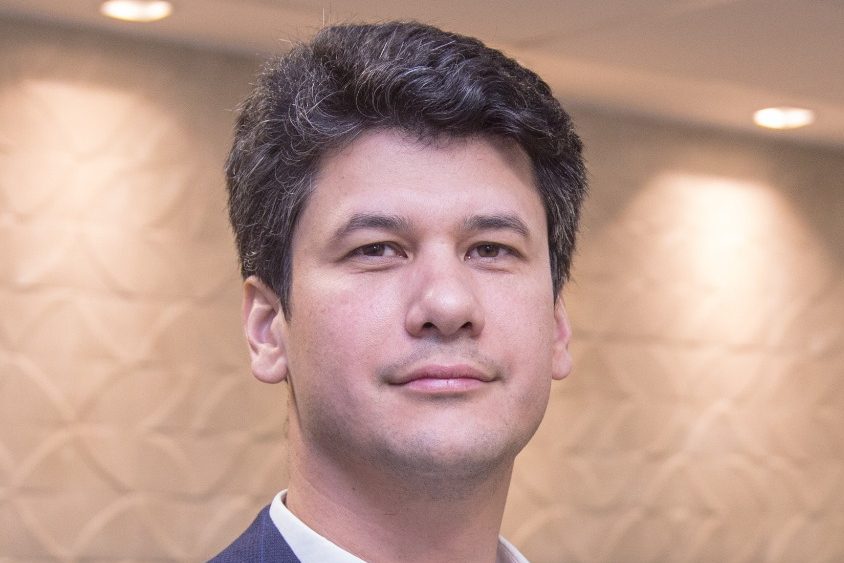
RIO DE JANEIRO, BRAZIL – The president of the National Bank for Economic and Social Development (BNDES), Gustavo Montezzano, said on Monday, July 5, that the institution should finance R$20 (about US$4) billion in rural credit in the 2021/22 crop year.
He pointed out that BNDES has enough liquidity and capital to borrow its own resources and does not have to resort to government-subsidized compensation in case there is excess demand from the sector. Operations for the new season will be available from this Wednesday.
“We will have similar volumes to last year, approximately R$20 billion. The desire is to serve more rural producers, increasingly reducing the average loan,” said Montezzano during an online event. “We made R$3.6 billion with own resources [in the 2020/21 crop year]. For this year, we don’t see any kind of budget limitation for BNDES’s own resources,” he added.
A survey carried out by Valor shows that the total disbursement of BNDES in the 2020/21 crop year was R$ 19.8 billion. Almost R$ 3 billion financed family farmers. The main agent in this category was Sicredi, with R$847 million. Medium and large producers contracted R$16.8 billion from the institution. Bradesco received the largest volume of transfers, with more than R$3 billion.
Montezzano also affirmed that BNDES should not not only be seen as a provider of financial resources but as a hub for someone who will be innovating along with its clients.
The president also highlighted that agricultural credit is “inseparable” from sustainability and that this issue is a “competitive advantage of the rural producer” in Brazil. “It is a strength of our agricultural production. We will be increasingly active so that the demonstration that agribusiness is sustainable becomes clear in loan portfolios”, he pointed out. For him, it is necessary to “package, measure, and standardize” the sustainable practices of the productive sector in order to show them to the world.

